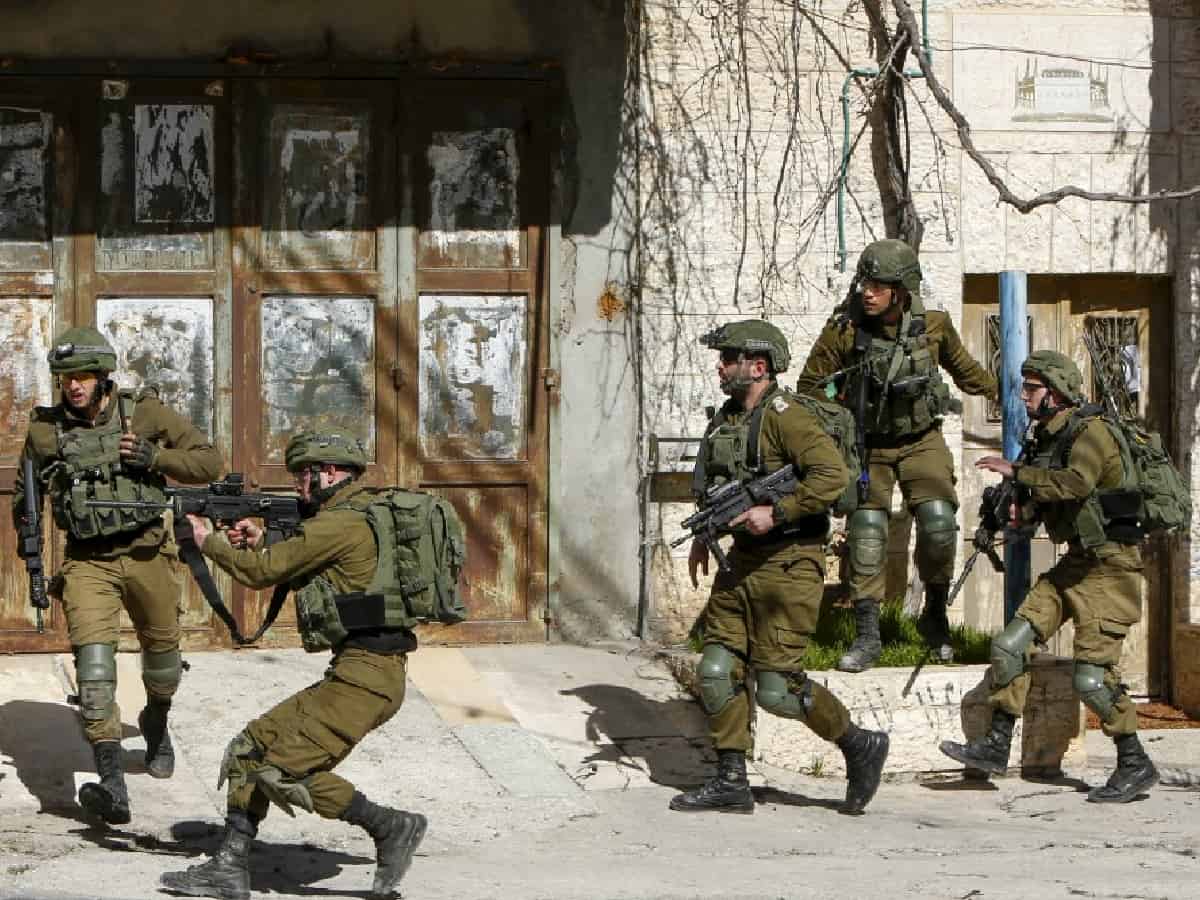
Tel Aviv: In the midst of escalating pressure to secure the release of hostages held by Hamas, Israel’s Prime Minister Benjamin Netanyahu faces a multifaceted battle. Families and supporters of the nearly 240 hostages marched from Tel Aviv to Jerusalem, demanding government action and expressing frustration at the limited meetings with Netanyahu, CNN reported.
Gil Dickmann, a relative of one of the abductees, urged the Prime Minister to prioritise the hostages’ safe return, saying, “Right now, in Netanyahu’s current political situation, this could be a real victory for the state of Israel.”
As Israel’s war in Gaza extends beyond six weeks, public opinion is turning against Netanyahu. Despite widespread support for the military campaign against Hamas, polls indicate a decline in favour of the Prime Minister and his coalition.
Opposition leader Yair Lapid called for Netanyahu’s resignation, emphasising the loss of public trust. However, he stopped short of calling for new elections, suggesting that Likud should present an alternative leader.
“We cannot allow ourselves to have a prime minister who has lost the public’s trust, whether from a social or a security point of view,” Lapid told Israel’s Channel 12, according to CNN.
Efforts to reach an agreement for a ceasefire and the release of hostages have faced challenges. Negotiations involve contentious issues such as the duration of a potential pause, the number of hostages to be released, and Hamas’ demand for an end to Israeli drone surveillance over Gaza. The Israeli government’s attempts to ease conditions for Gaza’s civilian population have drawn criticism from within Netanyahu’s right-wing coalition.
Finance Minister Bezalel Smotrich criticised the decision to allow fuel tankers into Gaza, claiming it contradicted the views of the governing cabinet. National Security Minister Itamar Ben Gvir argued against providing “humanitarian gifts” to the enemy while hostages remained unvisited by the Red Cross. Some families advocate for an “everyone for everyone deal,” proposing an exchange of hostages for Palestinian prisoners held in Israeli jails.
The families leading the campaign have tried to remain apolitical, but many blame Netanyahu for failing to anticipate the October 7 attack by Hamas. They accuse him of prioritising judicial reform over security preparations, considering the breach of Israel’s security contract with voters. Despite the tragic outcome for some, there remains hope among the families for the return of their loved ones.
Criticism of Netanyahu’s perceived lack of empathy and failure to take responsibility for security lapses has grown. Accused of spending more time with troops for photo opportunities than addressing past failures, Netanyahu faced backlash for blaming security chiefs for not warning him about the impending attack.
While expressing support for the security heads, he refused to answer questions about taking responsibility for the October 7 security failures. Many, like Asher Elyahol, one among the those marching on Saturday, express a desire for change, hoping for a new government once the war concludes and hostages are returned, CNN reported.



